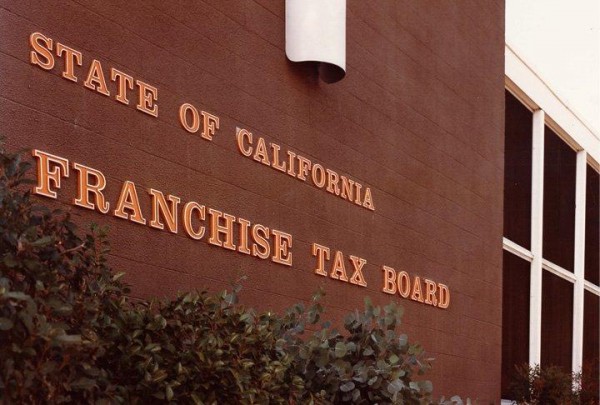Proposed Bill Blocks Retroactive Taxes Being Imposed in California


On Thursday, May 2, the state Senate Governance and Finance Committee approved SB 209 in a 6-1 vote. The bill would protect thousands of small businesses in California from paying 4 years of retroactive taxes.
The bill, carried by Sen. Ted Lieu (D-Torrance) and Assemblyman Jeff Gorell (R-Camarillo), is a reaction to a 2012 decision by the California Franchise Tax Board (FTB) to cancel a tax break for small businesses and ask those who took advantage of it after 2008 to return their tax savings.
In August 2012, a California Court of Appeal ruled that a requirement in the qualified small business stock statutes (QSBS) -- in place in California since 1993 -- violated the Commerce Clause.
This tax credit, intended to increase investment in California small businesses, allowed "for the exclusion of 50 percent of capital gains earned from investments in businesses valued less than $50 million that have at least 80 percent of their staff and assets in California."
As a result of the court's decision, the FTB unilaterally decided not only to cancel the QSBS, but also to collect 4 years of retroactive taxes from more than 2,500 entrepreneurs who benefited from the break.
The court's use of the Commerce Clause was already considered by some as a bad decision, but the FTB's decision is even more controversial for a number of reasons. First, the process by which the plan was adopted has been decried.
The FTB's staff made the decision without approval from the FTB's board members or input from the public. In the past, following court decisions declaring tax laws unconstitutional, the FTB took a more collaborative approach to the decision process.
Second, it is highly contested that ordering businesses to pay retroactive taxes was the only way the FTB could comply with the court decision. When a particular provision violates the Commerce Clause, the state has the obligation to cure the discrimination by "leveling the playing field."
However, the state has some flexibility in terms of how to achieve this objective. The court identified three ways to do it: issue refunds to the discriminated class, retroactively assess the favored class with compliance to due process, or a combination of both.
Third, by deciding to maximize revenues at the expense of California taxpayers, the FTB disregarded any fairness principles. Entrepreneurs who legally took advantages of the tax break are now being sanctioned with tens of thousands of dollars in extra taxes for something that is out of their control.
Thirty-eight legislators sent a letter to the FTB protesting the assessment that penalizing California entrepreneurs was the only solution available to the state. Moreover, with California slowly recovering from the 2008 financial crisis, trying to recoup an estimated $120 million from small businesses could be extremely detrimental to the state's economy.
With Lieu's bill going forward, many hope the rest of the Legislature will agree that California would receive greater long-term benefits by providing a fair and stable tax framework for businesses rather than imposing retroactive taxes.



